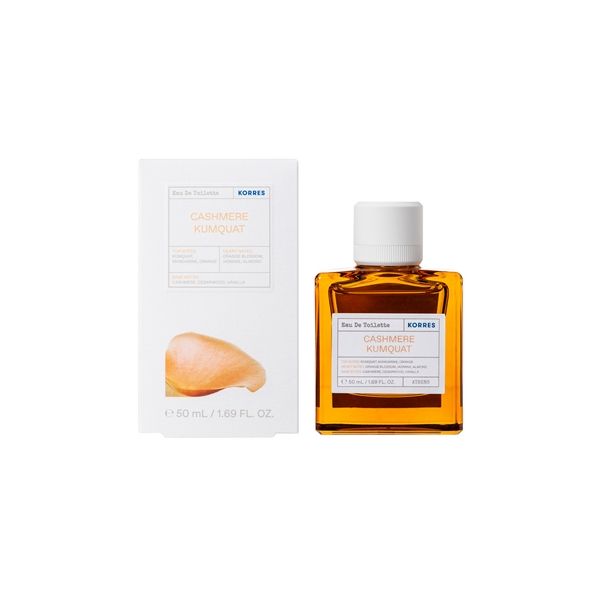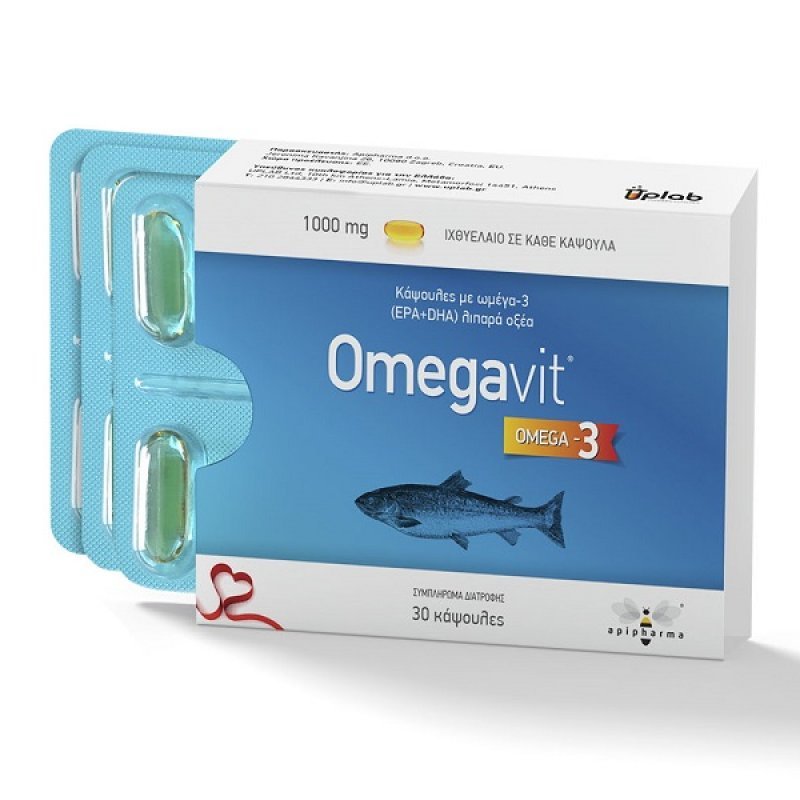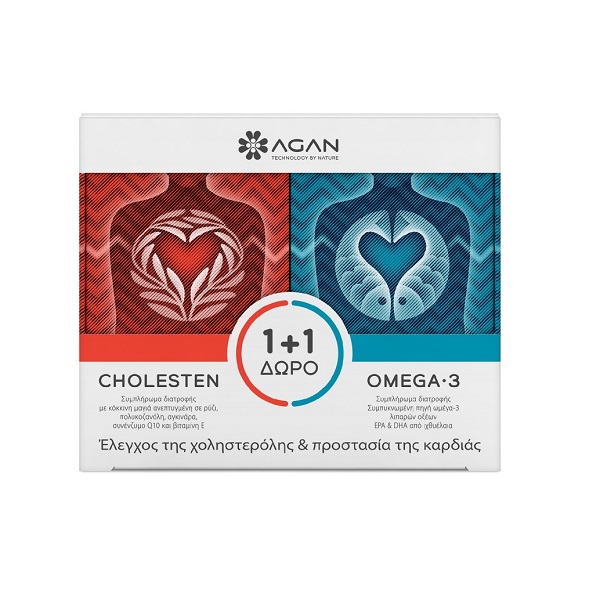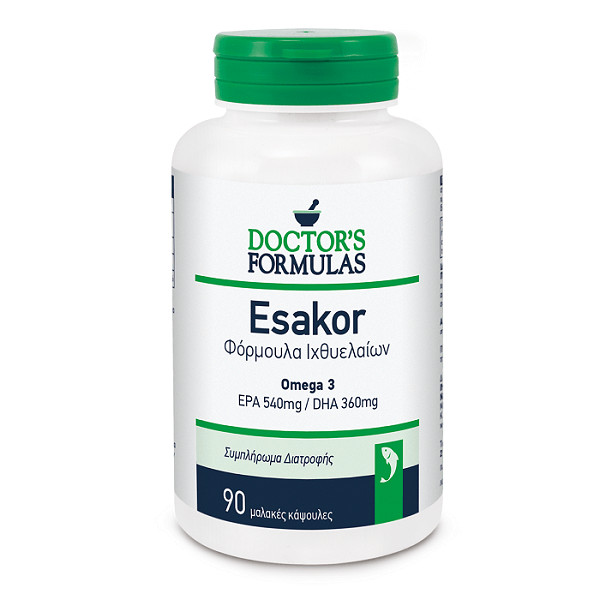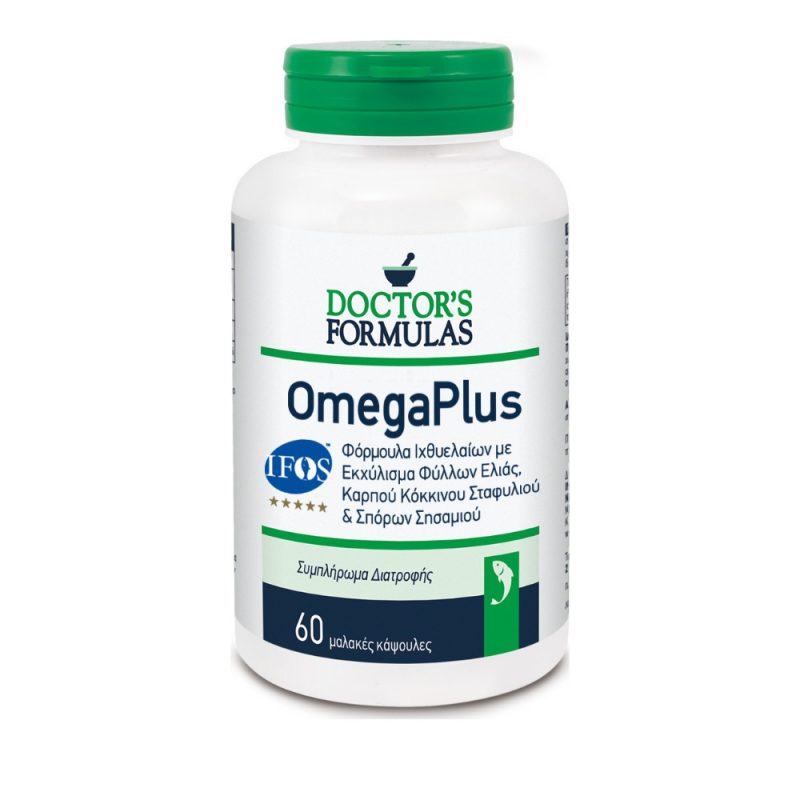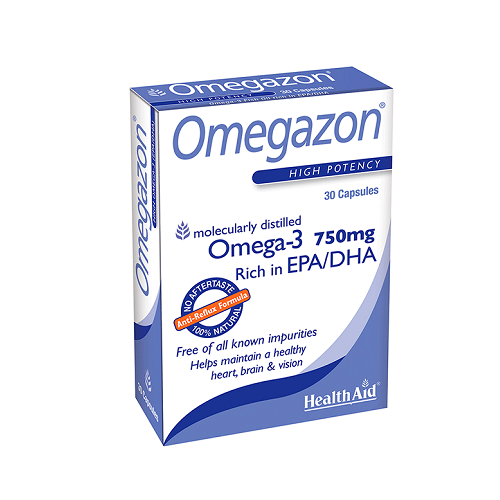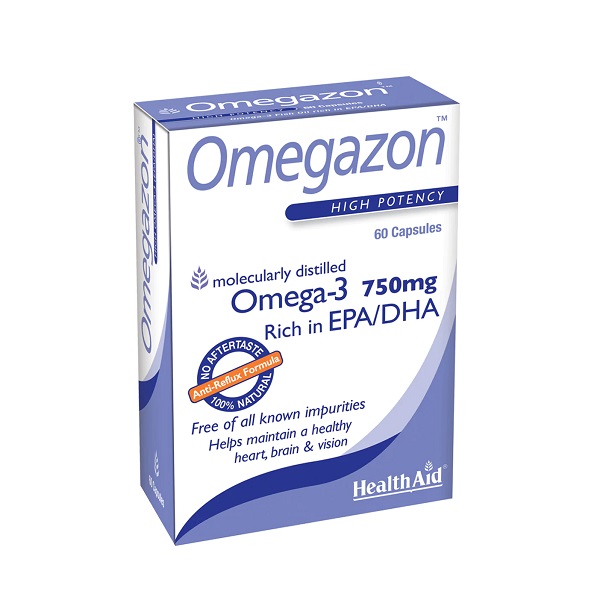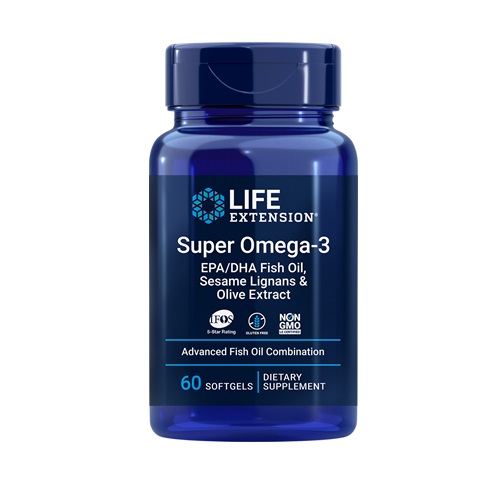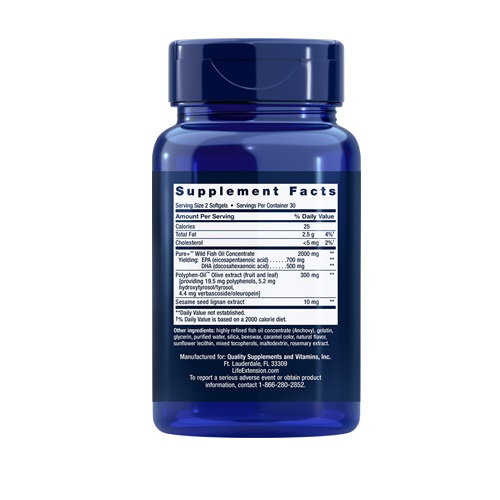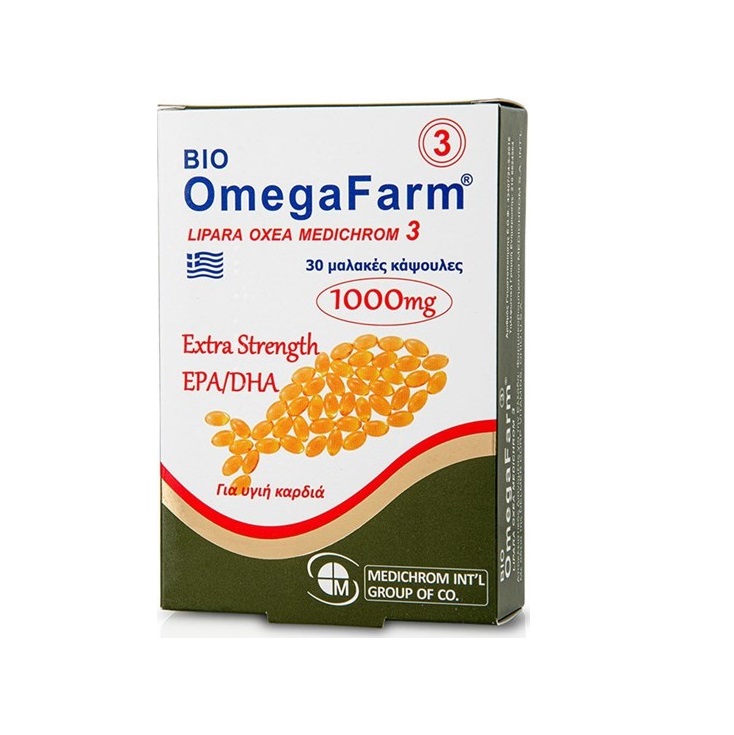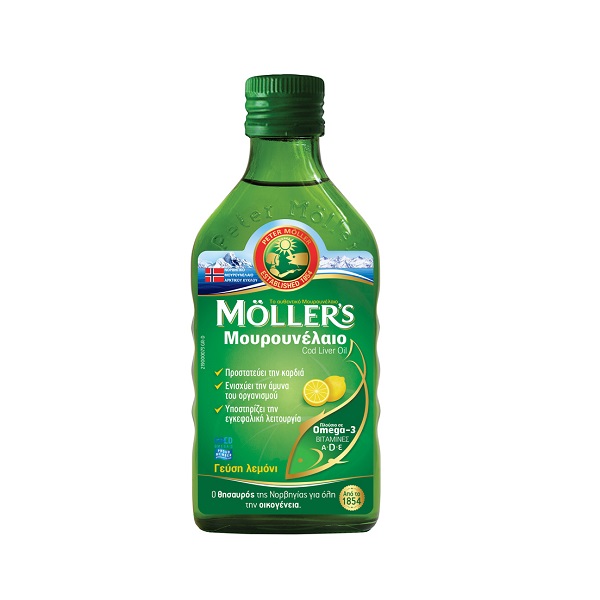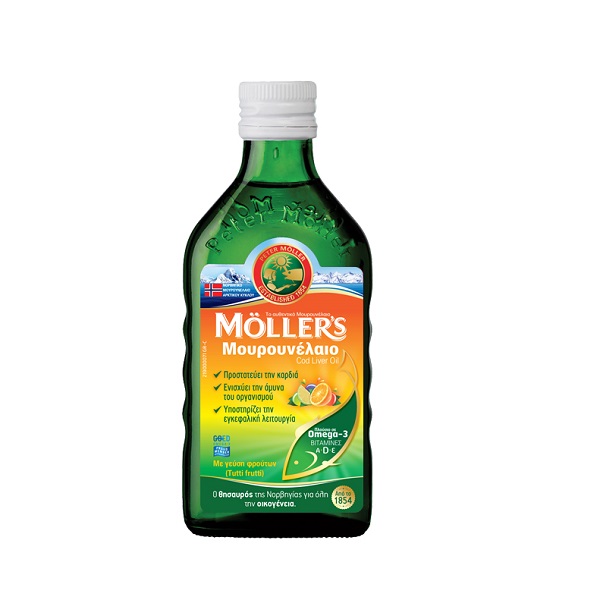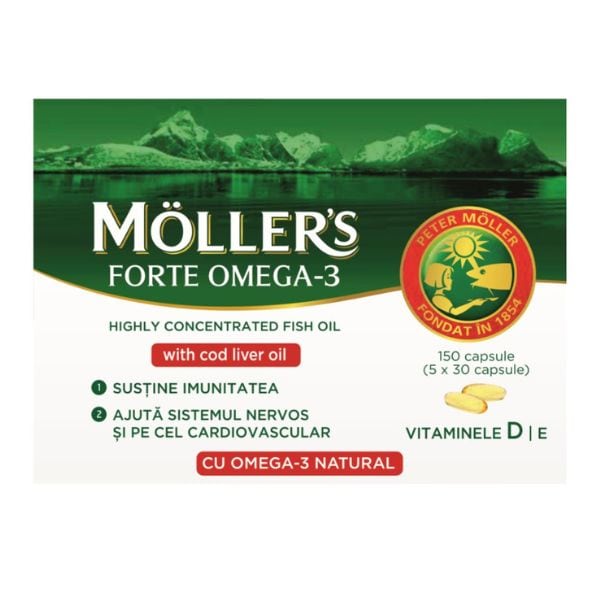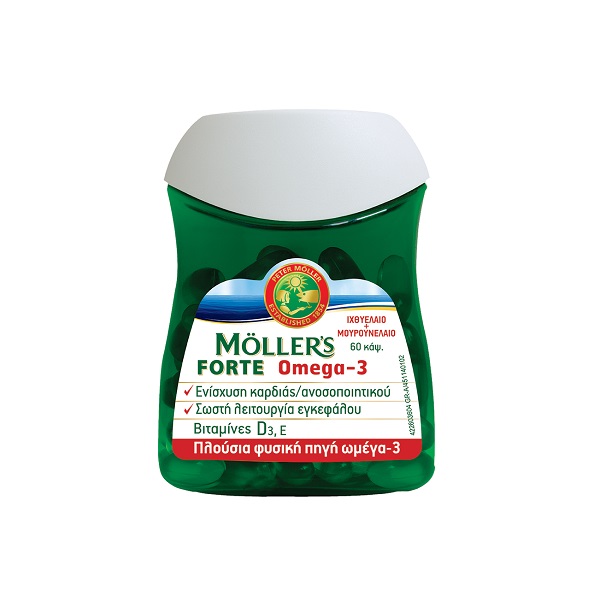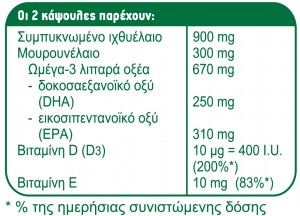
Fatty Acids
Concentrated fish oil nutritional supplement with a high content of polyunsaturated Omega 3 fatty acids.
To control cholesterol and protect the heart!
Reduces the levels of cholesterol, LDL and VLDL.
Omega 3 with Olea europaea & Red Wine Grape Extract!
Contributes to the maintanance of circulation, improve general well-being (heart, skin, joints) and brain function.
Contributes to the maintanance of circulation, improve general well-being (heart, skin, joints) and brain function.
Well Being
Life Extension Super Omega-3 EPA/DHA Fish Oil, Sesame Lignans & Olive Extract 60softgels
Not AvailableOur best-selling Super Omega-3 EPA/DHA formula is an IFOS™ 5-star certified fish oil packed with EPA and DHA fatty acids, olive polyphenols and more to promote heart health, brain health, and beyond.
Contributes to good heart and brain health, cholesterol control, memory enhancement and maintaining good vision!
For the whole family. For the good functioning of the brain, vision & heart.
For the whole family. For the good functioning of the brain, vision & heart.
Contributes to the good functioning of the brain, heart, vision & bones.
Contributes to the good functioning of the brain, heart, vision & bones.
Fatty acid is a carboxylic acid with a long aliphatic chain, which is either saturated or unsaturated. Most naturally occurring fatty acids have an unbranched chain of an even number of carbon atoms, from 4 to 28. Fatty acids are usually not found in organisms in their standalone form, but instead exist as three main classes of esters: triglycerides, phospholipids, and cholesteryl esters. In any of these forms, fatty acids are both important dietary sources of fuel for animals and they are important structural components for cells.
The Best Supplements With Fatty Acids
-Linoleic acid (LA), an omega-6 fatty acid, and α-linolenic acid (ALA), an omega-3 fatty acid, are considered essential fatty acids because they cannot be synthesized by humans.
-The long-chain omega-3 fatty acids, eicosapentaenoic acid (EPA) and docosahexaenoic acid (DHA), can be synthesized from ALA, but due to low conversion efficiency, it is recommended to consume foods rich in EPA and DHA.
-Both omega-6 and omega-3 fatty acids are important structural components of cell membranes, serve as precursors to bioactive lipid mediators, and provide a source of energy. Long-chain omega-3 polyunsaturated fatty acids (PUFA in particular exert anti-inflammatory effects; it is recommended to increase their presence in the diet.
-Both dietary intake and endogenous metabolism influence whole body status of essential fatty acids. Genetic polymorphisms in fatty acid synthesizing enzymes can have a significant impact on fatty acid concentrations in the body.
-DHA supplementation during pregnancy may reduce the risks of early premature birth (birth before 34 weeks’ gestation) and very low birth weight
DHA is important for visual and neurological development. However, supplementation with long-chain during pregnancy or early infancy appears to have no significant effect on children’s visual acuity, neurodevelopment, and physical growth. (More information)
Replacing saturated fat in the diet with omega-6 lowers total blood cholesterol; yet, randomized controlled trials have failed to demonstrate cardiovascular benefits in healthy people and people at risk for or with type 2 diabetes mellitus. Long-chain omega-3 PUFA supplementation may be useful to reduce mortality in patients with prevalent coronary heart disease (CHD) and in those with heart failure without preserved ventricular function.
-Increasing EPA and DHA intake may benefit individuals with type 2 diabetes mellitus, especially those with elevated serum triglycerides. However, evidence from large-scale randomized trials is insufficient to support the use of omega-3 PUFA supplements for cardiovascular disease prevention in those with type 2 diabetes. (More information)
Observational studies have found fish intake to be associated with lower risks of cognitive deterioration and Alzheimer’s disease, but it is not yet clear whether supplementation with marine-derived omega-3 PUFA can help prevent cognitive decline.
-Several omega-3 formulations have been approved by the US Food and Drug Administration for the indication of treating severe hypertriglyceridemia.
Although omega-3 PUFA deficiency may not be uncommon in neurodevelopmental and neuropsychiatric disorders, there is little evidence to suggest that supplementation may be a beneficial adjunct in the management of affected individuals.
Discover at Fotopharmacy plenty of supplements containing fatty acids, important for total health and well-being!!

 Ελληνικά
Ελληνικά













